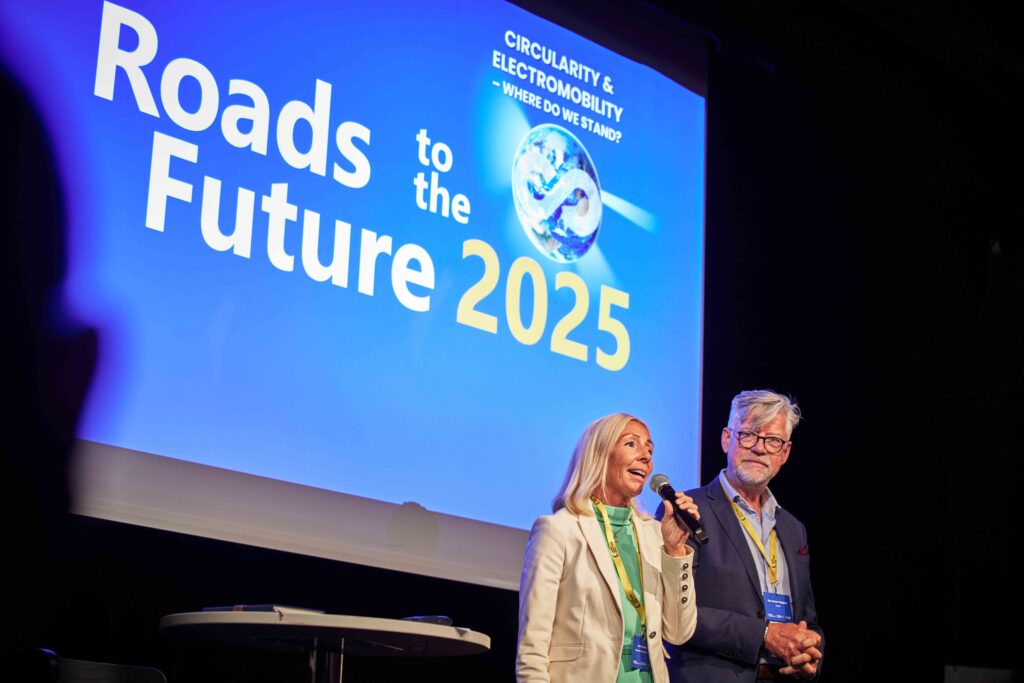
Roads to the Future is Swedish Electromobility Centre’s biannual international e-mobility conference, and E-mobility Day is the annual SEC partner event. The highlighted topic for Roads to the Future was, circularity in e-mobility – where do we stand? Both days took place in Gothenburg, 27-28 August.
Roads to the Future
Director Linda Olofsson started Roads to the Future with a welcome speech; and was followed by Klaas Burgdorf of the Swedish Energy Agency who addressed the topics of investments and how shifts in various regulatory frameworks now emphasize security, resilience, and dual use.
First invited speaker was Prof. Christine Minke from TU Clausthal. Christine gave the audience a comprehensive overview of circularity and the current status and drivers. She talked about aspects of circularity like repairability, reuse, and remanufacturing , but mentioned recycling as the current big topic in e-mobility. Metal recycling globabally is very low with many metals that can’t be recycled at all.
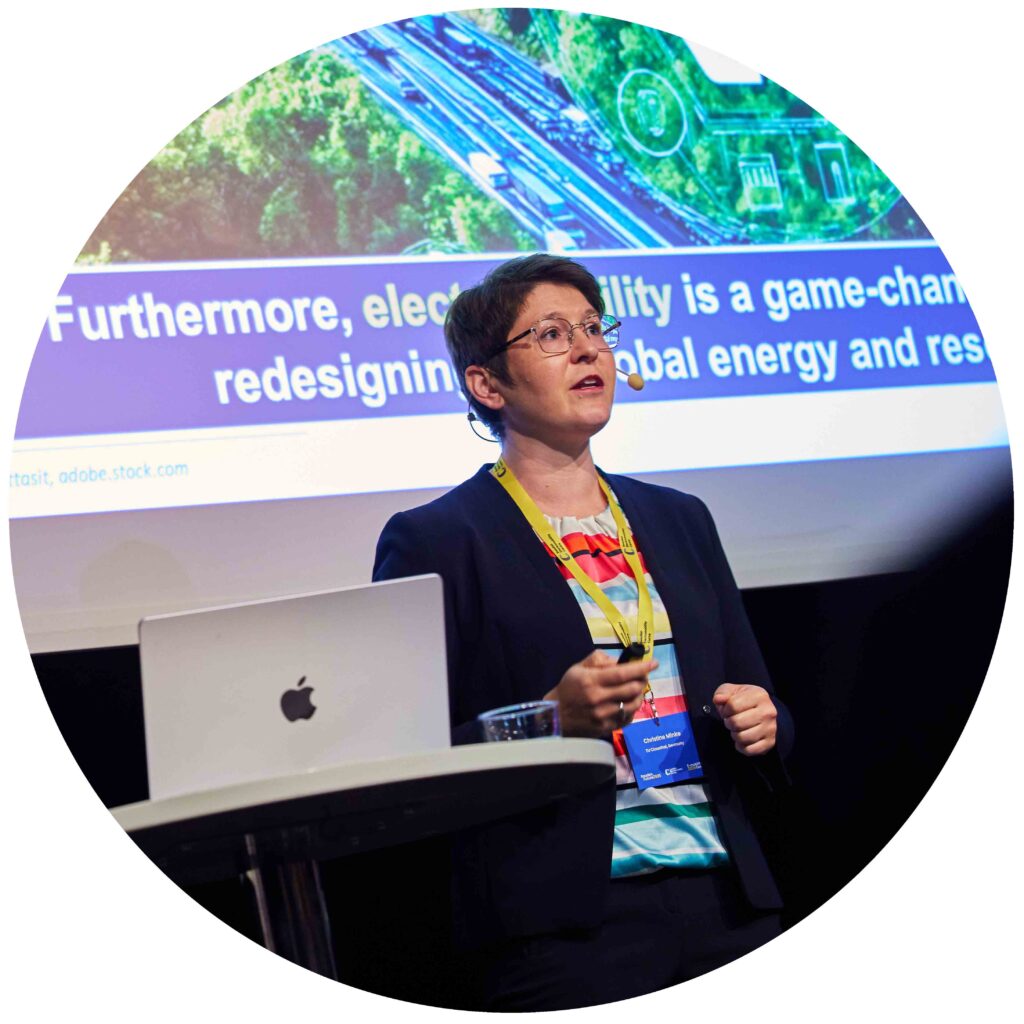
Dr. Carl Dahlhammar from The International Institute for Industrial Environmental Economics in Sweden began by stating that the climate and resource challenges are connected, mentioning the IEA report “the Role of Critical Minerals in Clean Energy Transitions. Carl’s speech was focused on circular grids and circular economy laws in relation to a sustainable circular vehicle electrification.
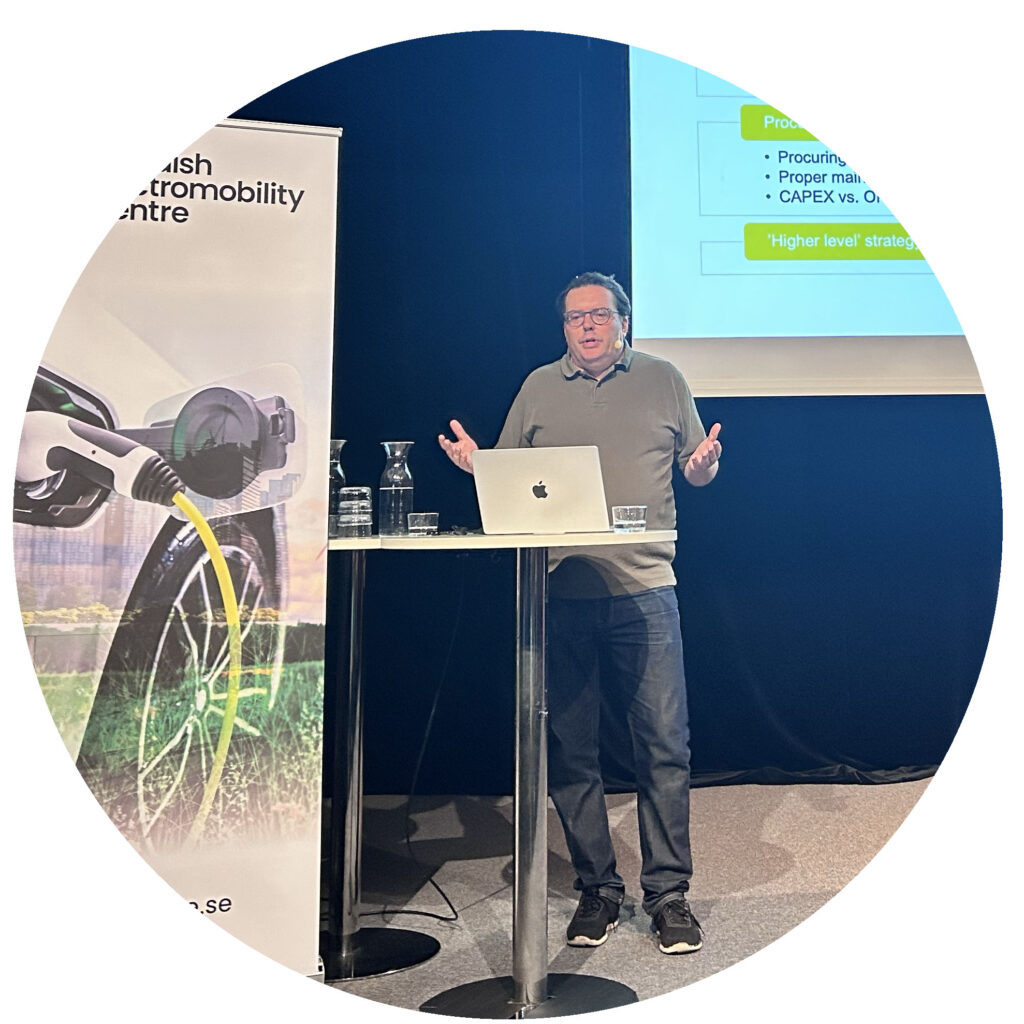
Dr. Omer Onar gave an insightful overview of Oak Ridge National Laboratory’s power electronics and electromagnetic research activities. Onar gave the audience a list of improvements ranging from substrates for power electronic modules to optimized heat sinks, and more. Oak Ridge National Laboratory evolved as part of the Manhattan project during World War 2 and has today the world’s fastest supercomputer.
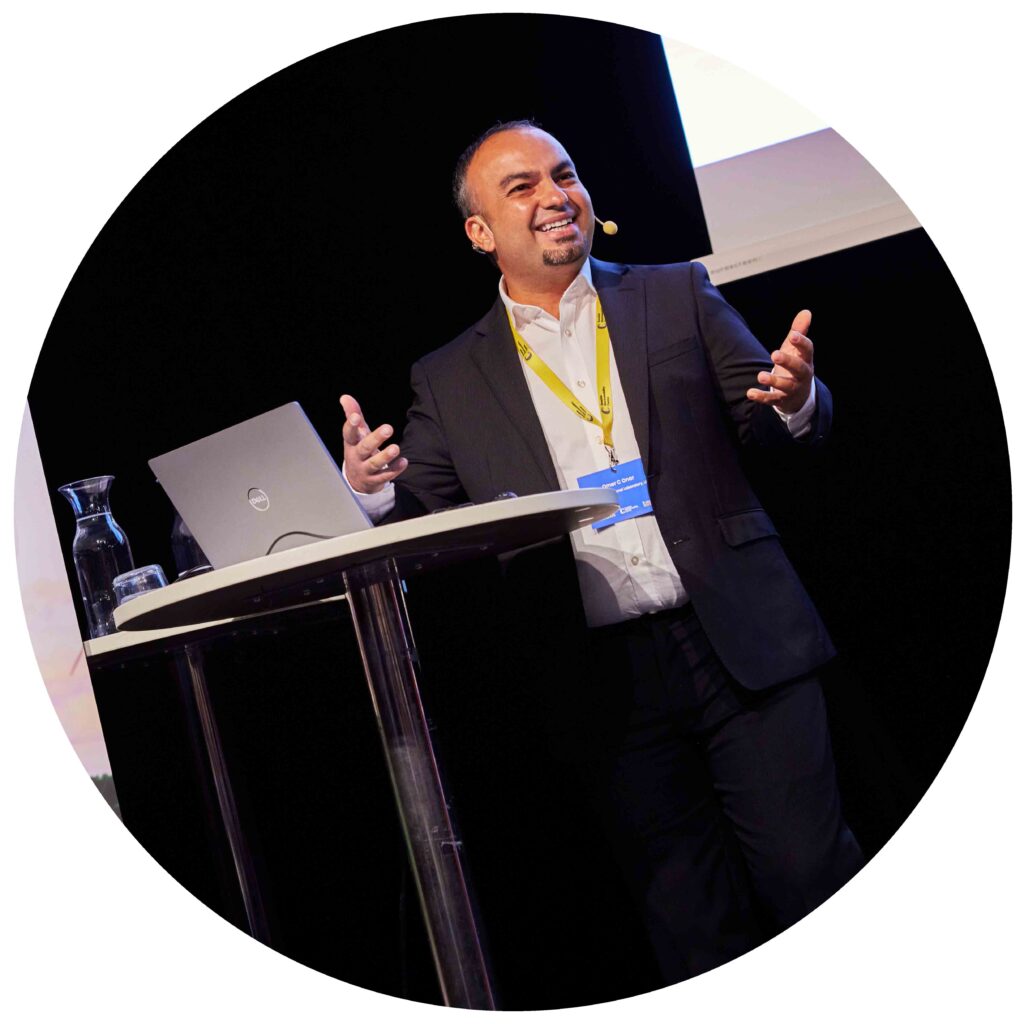
Hans Eric Melin, founder and director of the London-based company Circular Energy Storage, talked about the current status and advancements in global battery circularity. A key take out was that the fate of a battery is shaped by its current owners, and downstream values rarely influence upstream decisions. Hans Eric mentioned lack of feedstock, a weak EV market, low material prices, and lack of downstream customers as causes to why recyclers may suspend their plans.
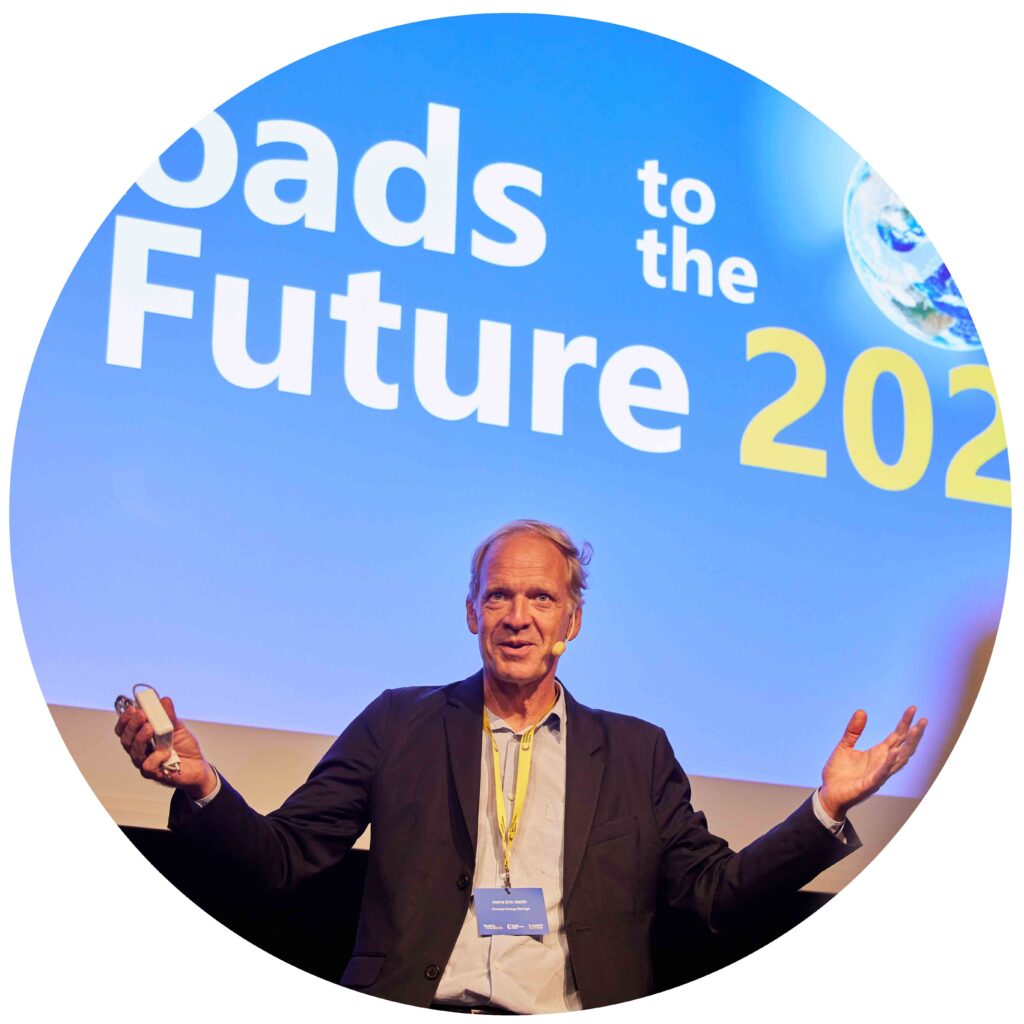
Nicholas Gendre, head of battery industrialization and logistics at Volvo Energy, talked about total cost of ownership as one of several conditions that must be in place to develop e-mobility. Here, battery circularity, on top of the environmental benefit, plays a vital role to reduce the costs. Nicholas mentioned challenges in the different stages of circularity like battery degradation, diagnostics, individual follow-up, competitiveness, and volumes. This was put in a context areas of geopolitical changes, industrial maturity, and new business models.
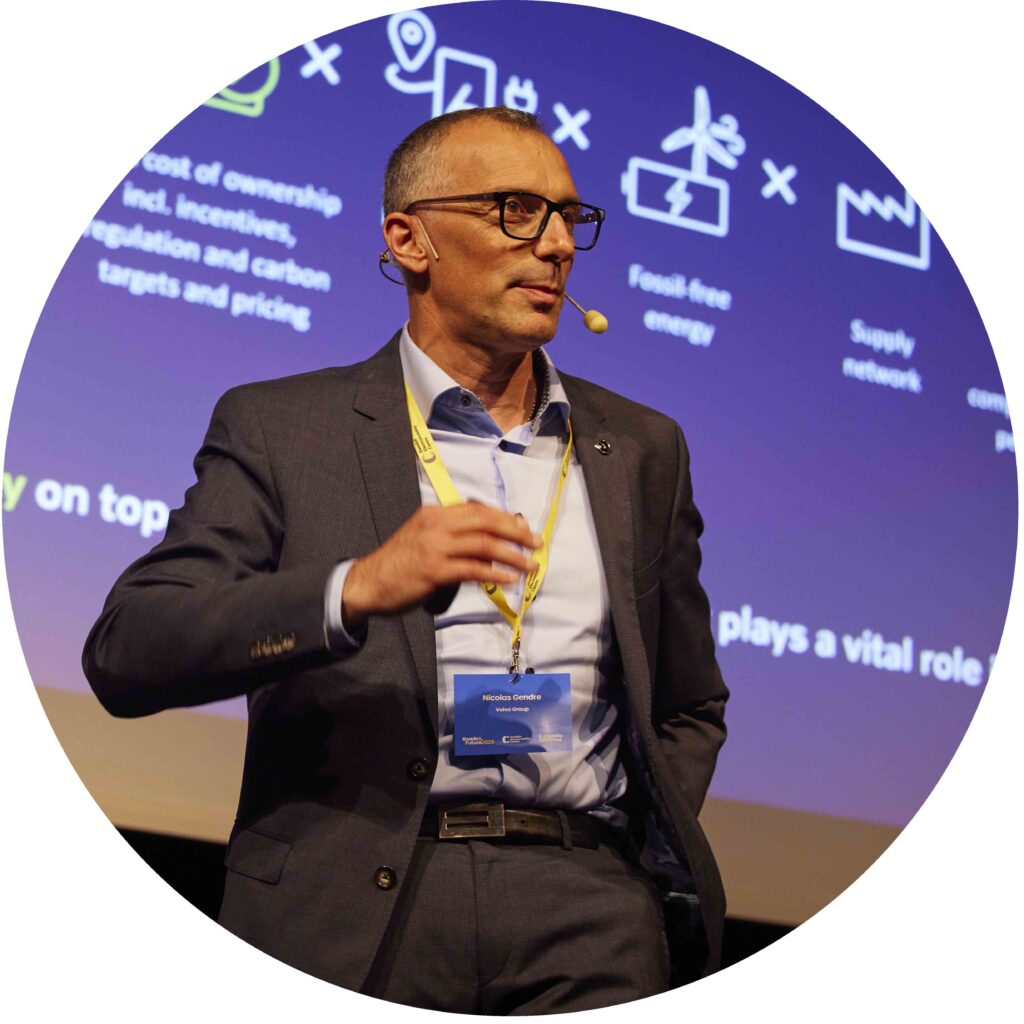
Dr. Guinievere Giffin, Scientific Head of Fraunhofer R&D Center Electromobility, gave an insightful speech on how to to empower a sustainable battery value chain, with focus on direct and hydrometallurgical recycling from production scrap. Guinevere stressed that the greatest impact for circularity of batteries is in the early design phase, since it’s very problematic to repair, reuse or remanufacture batteries without an initial idea of how this can be done in a later stage. The presentation contained many specific examples and mentioned ongoing research at Fraunhofer on marker particles and aqueous binders.
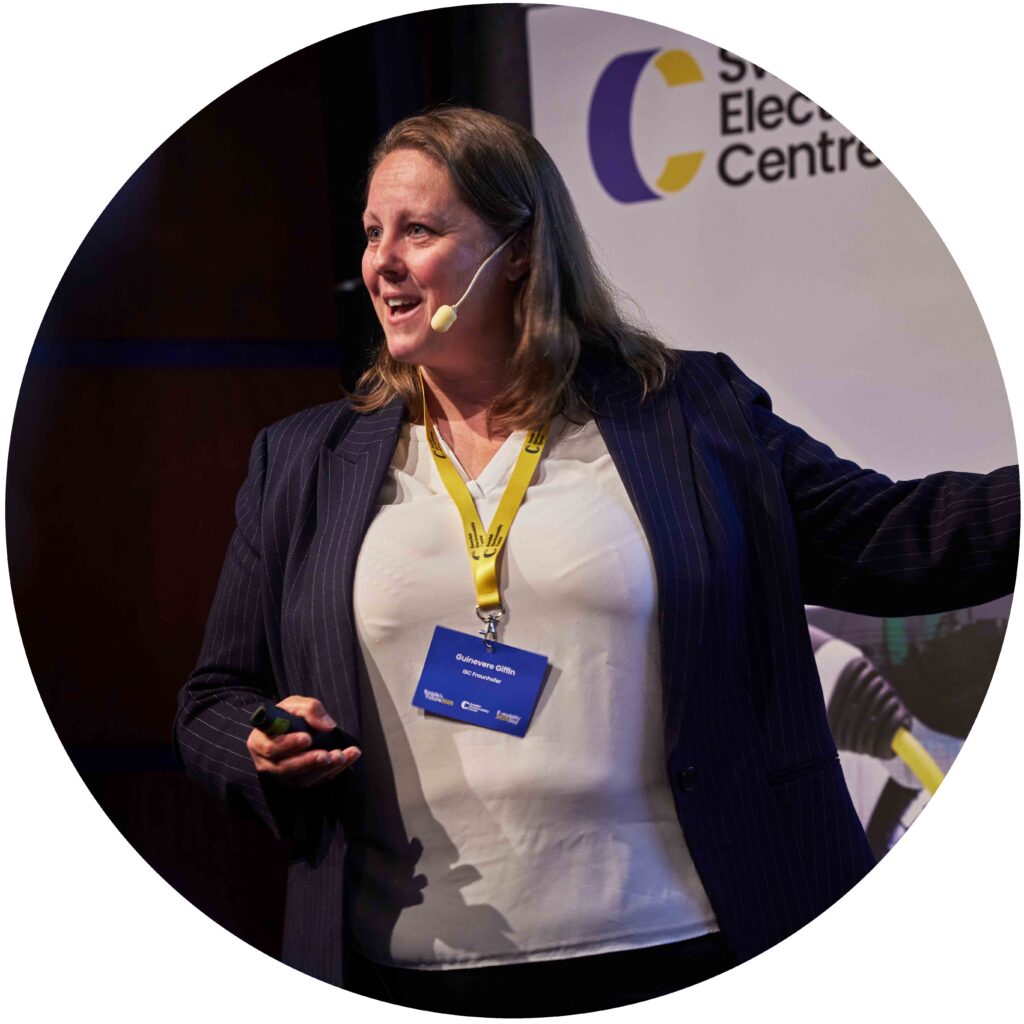
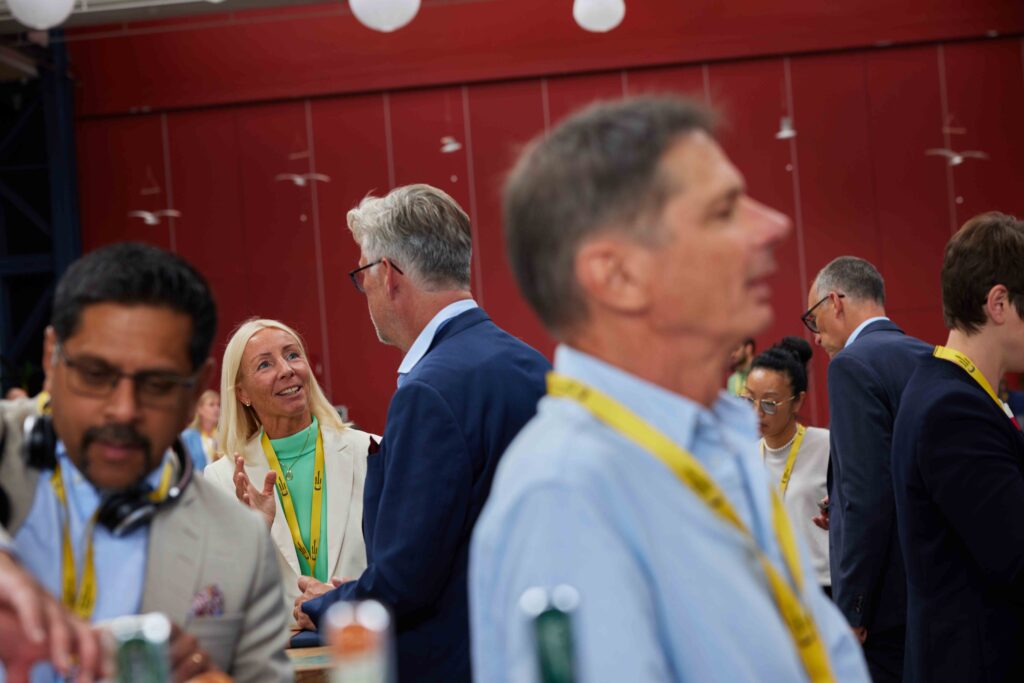
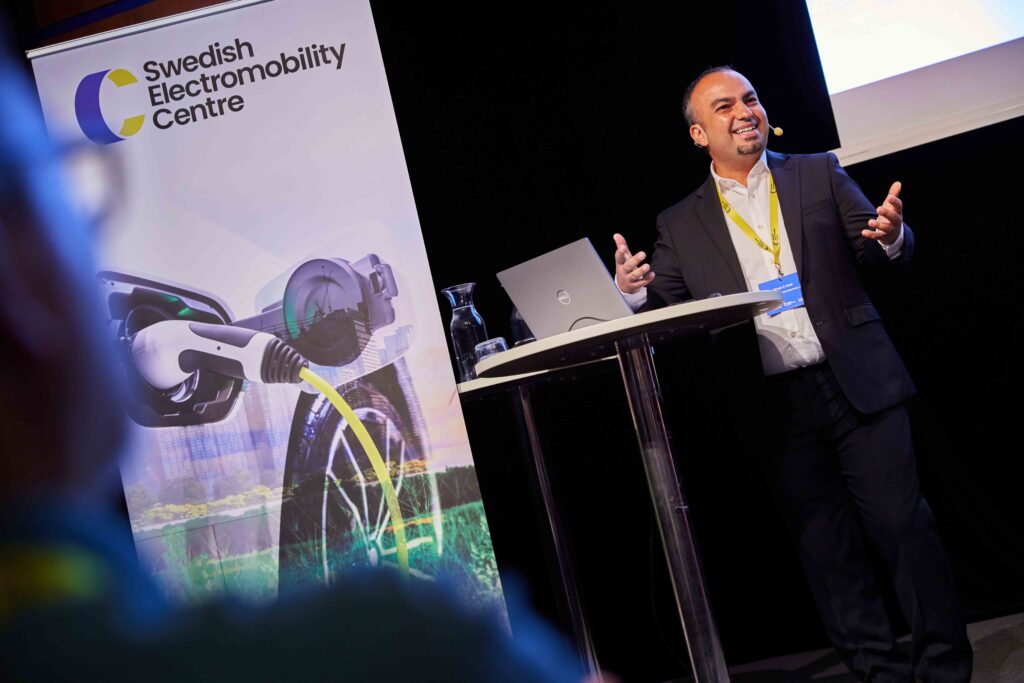
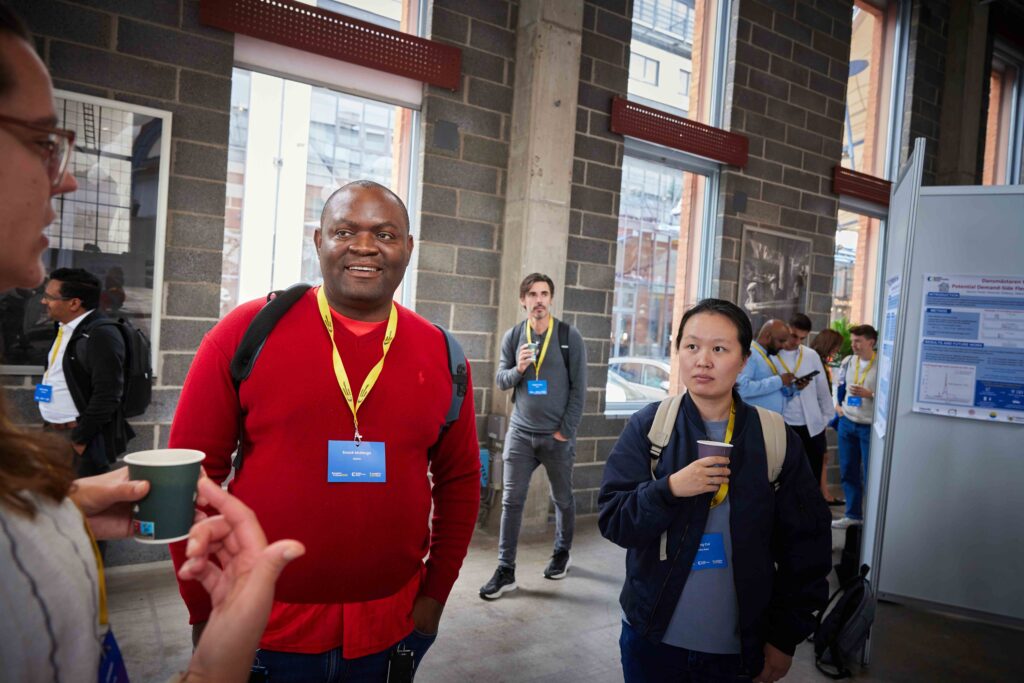
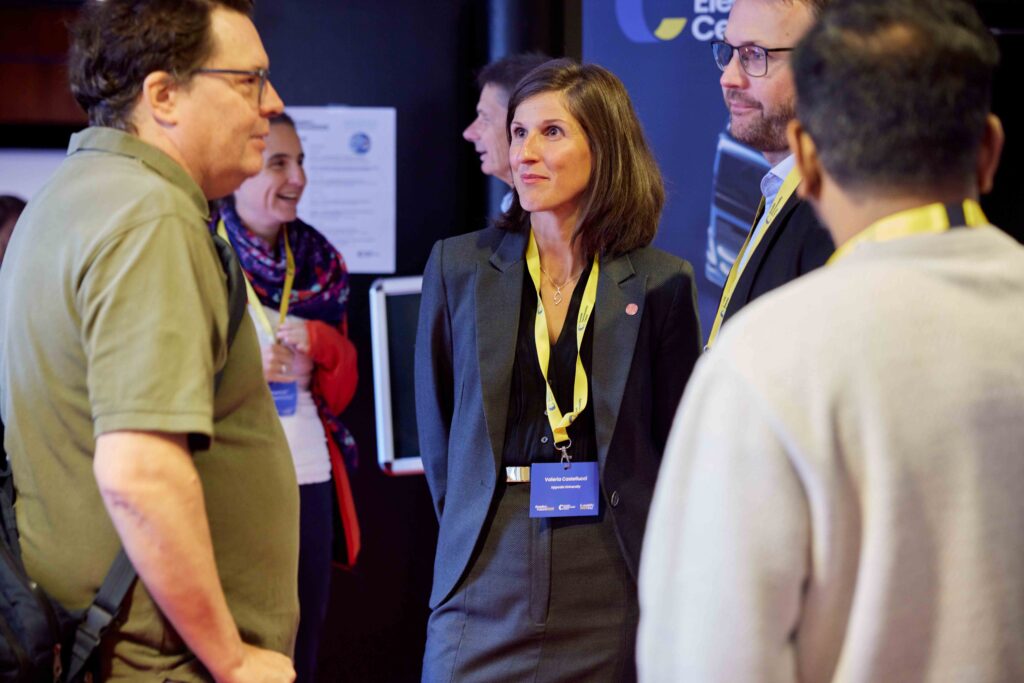
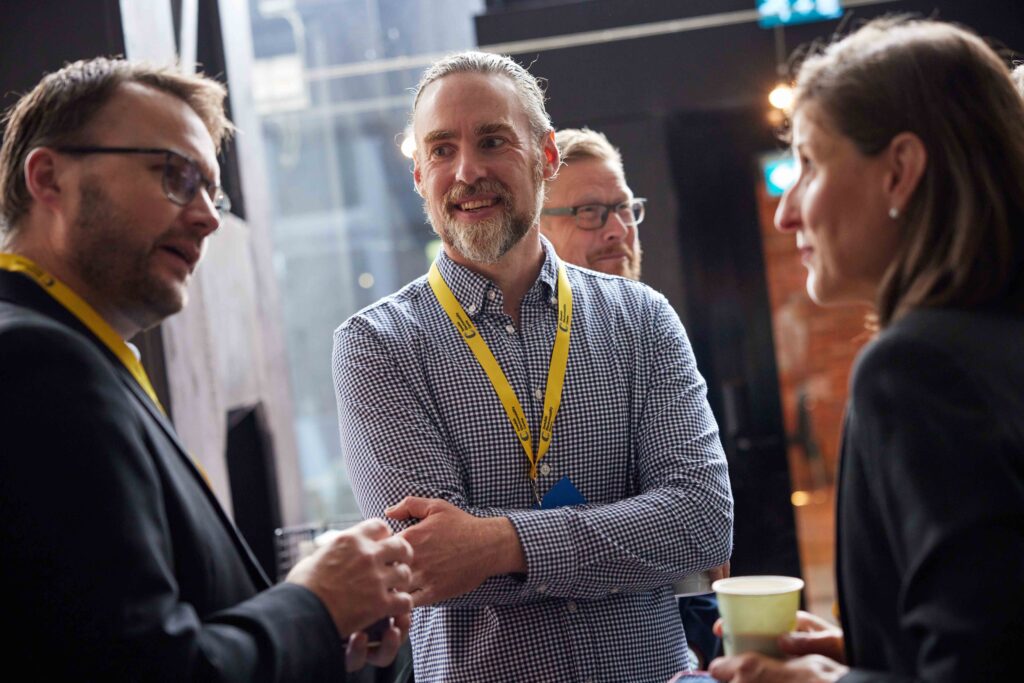
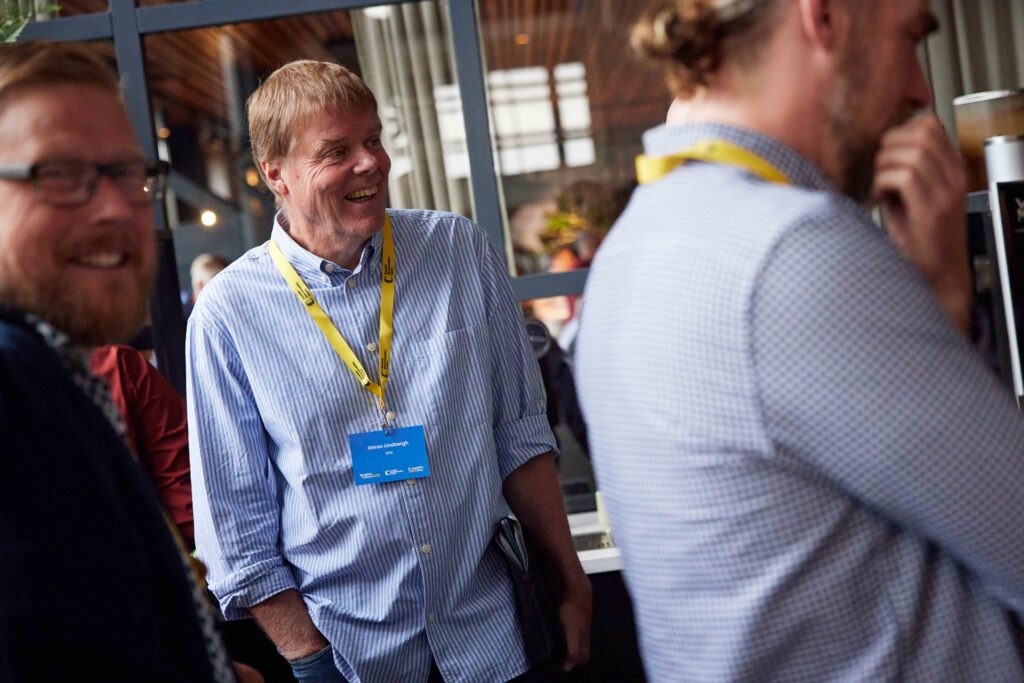
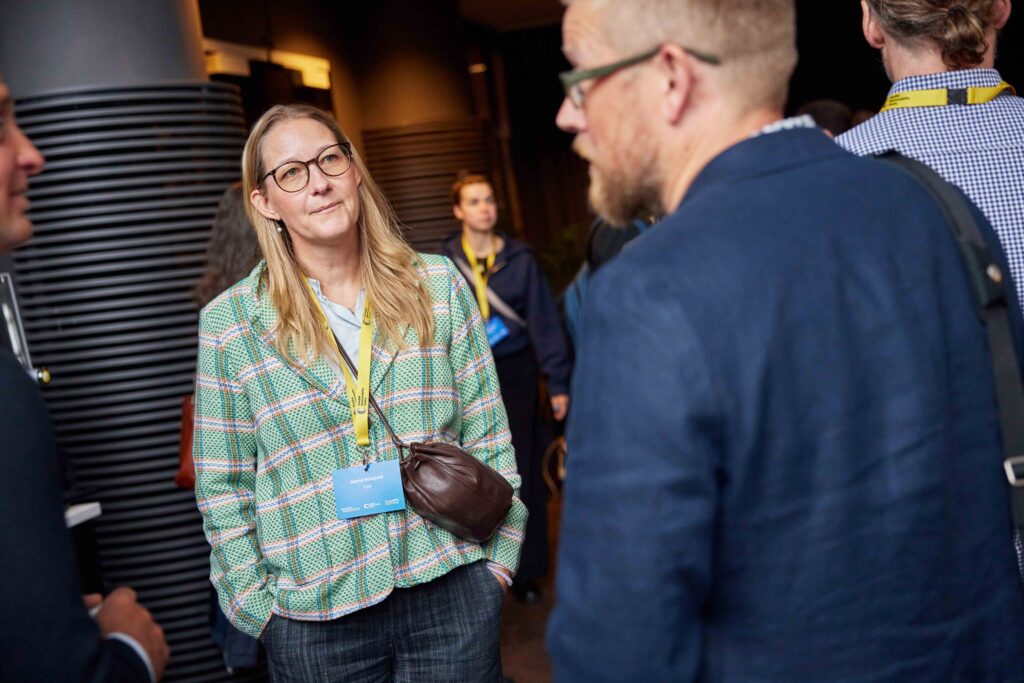
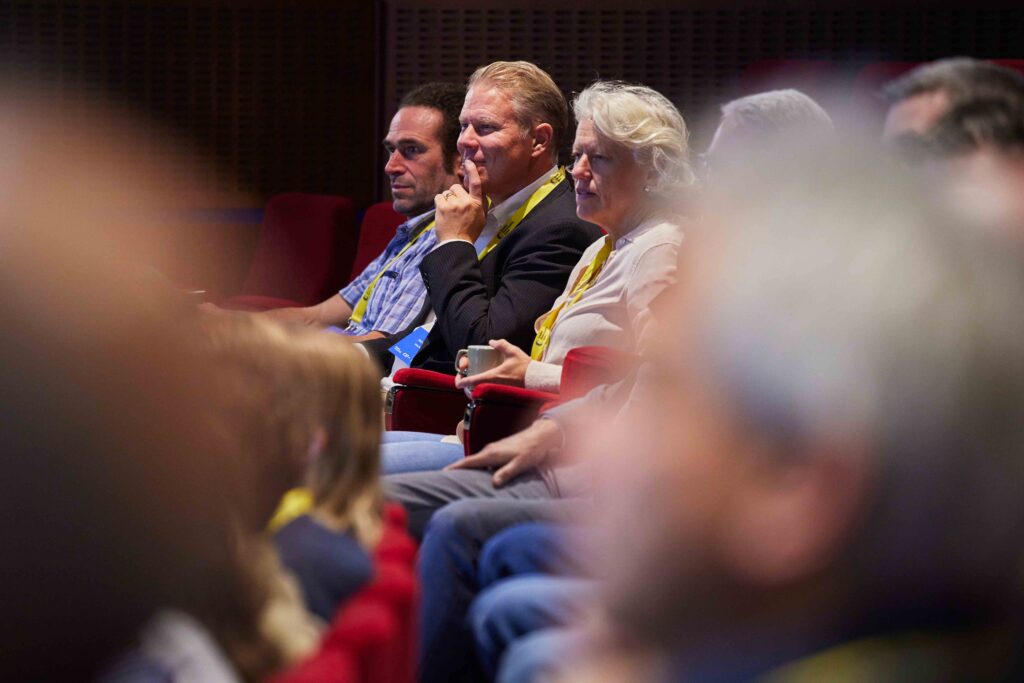
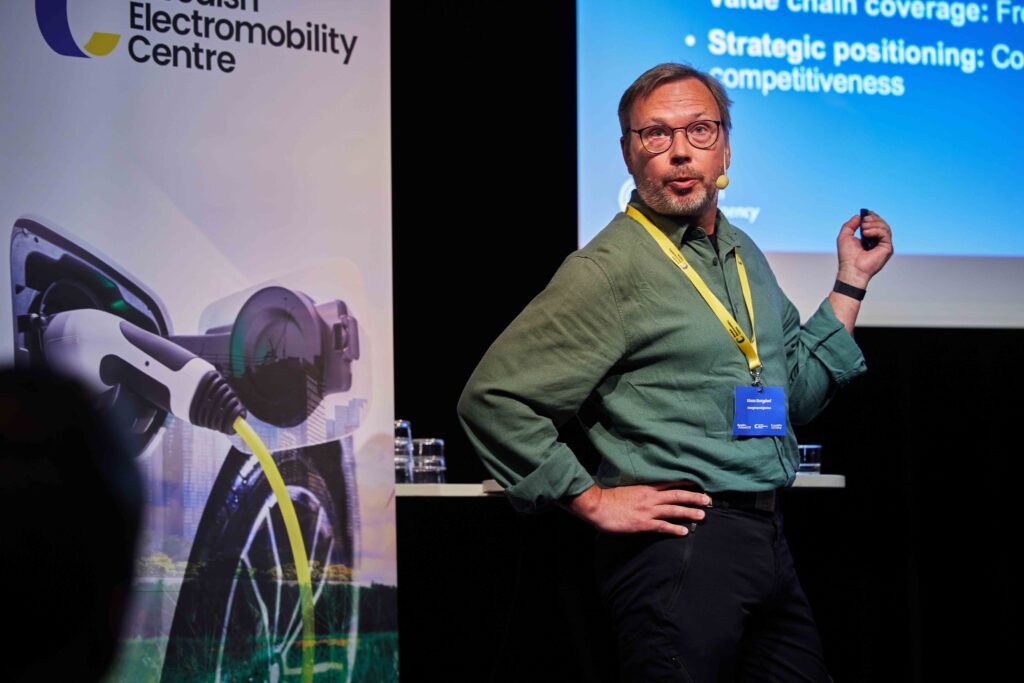
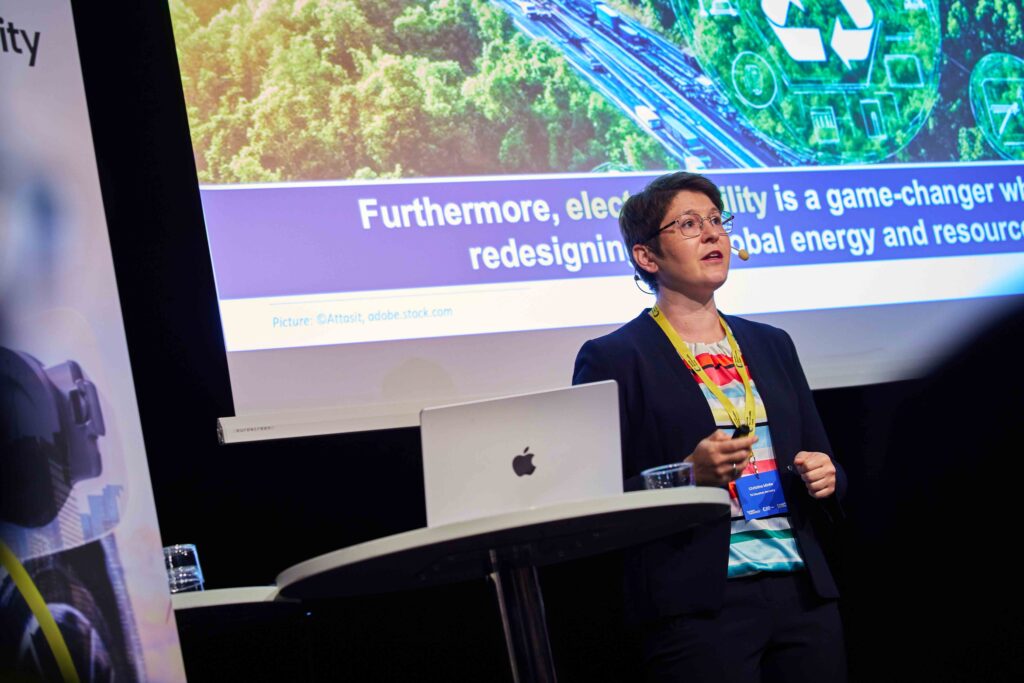
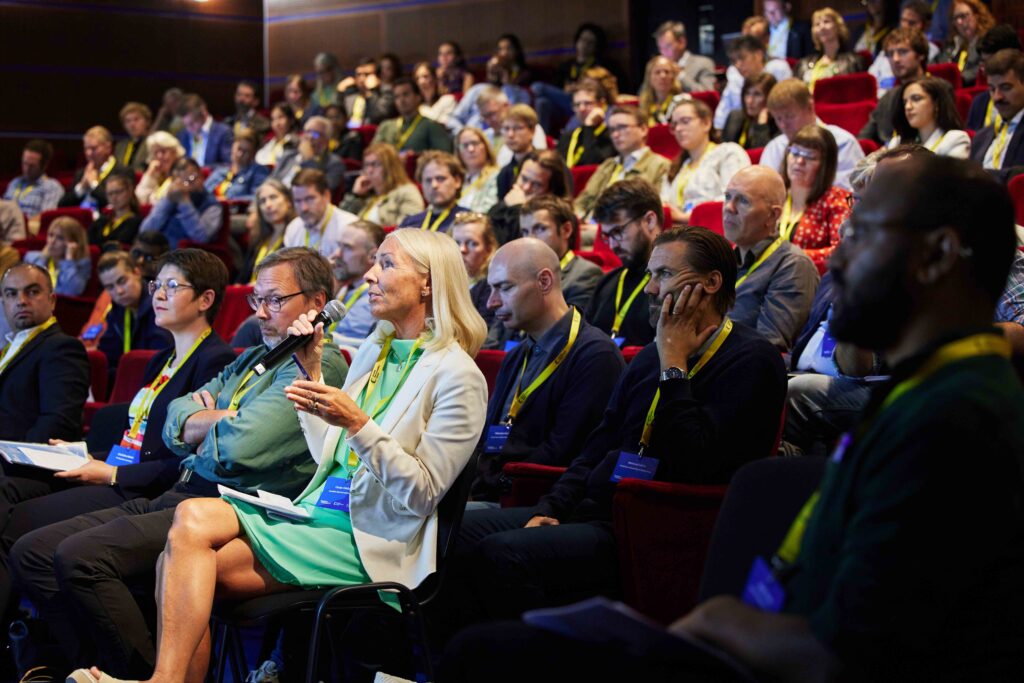
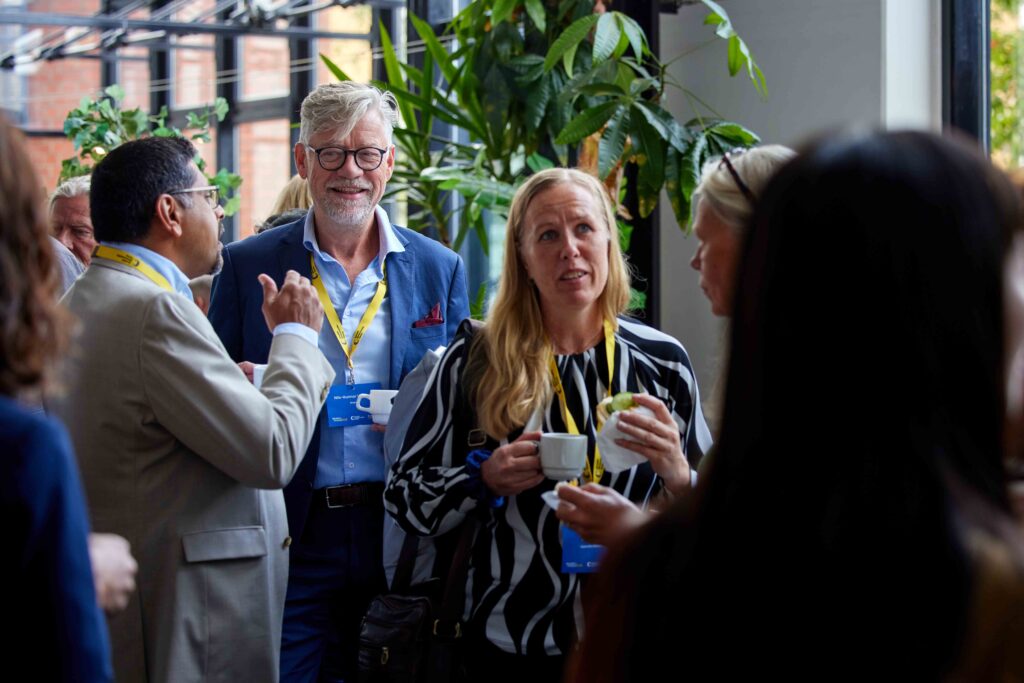
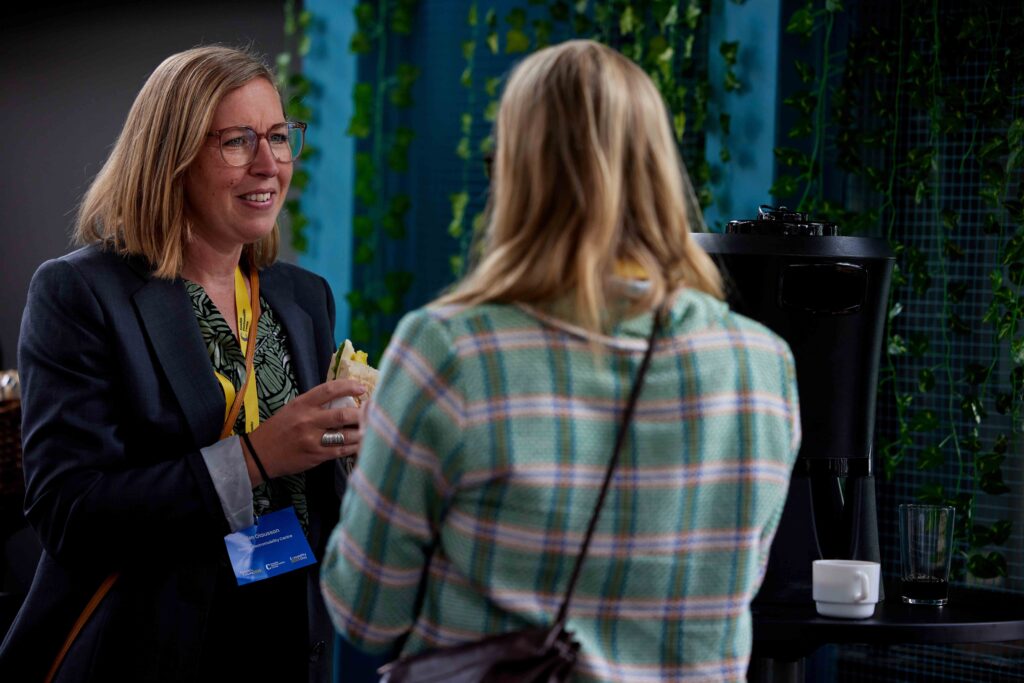
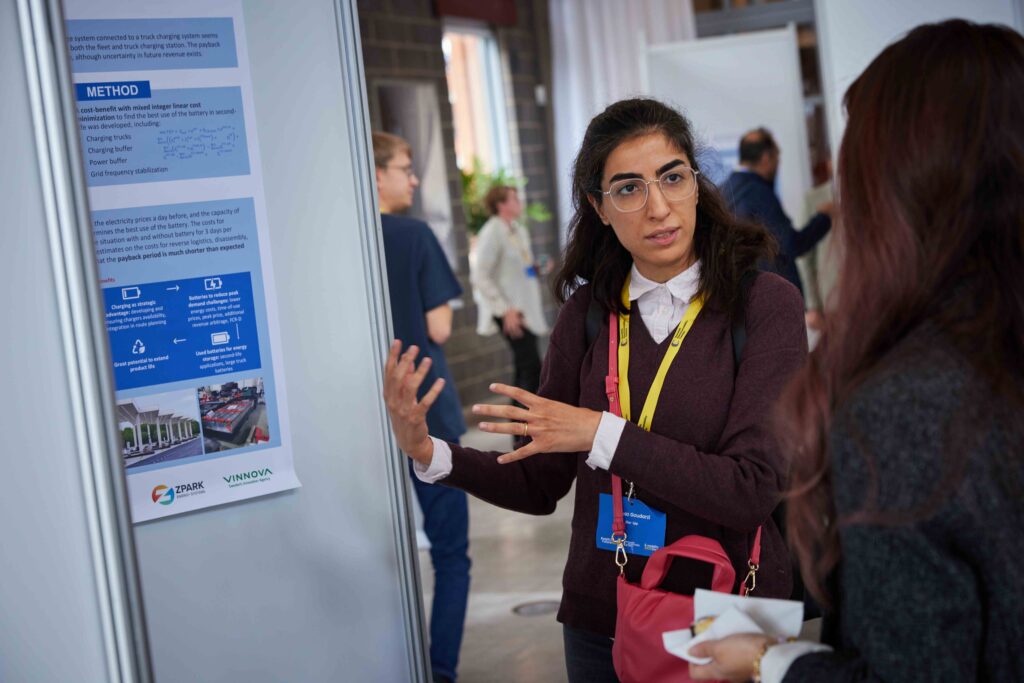
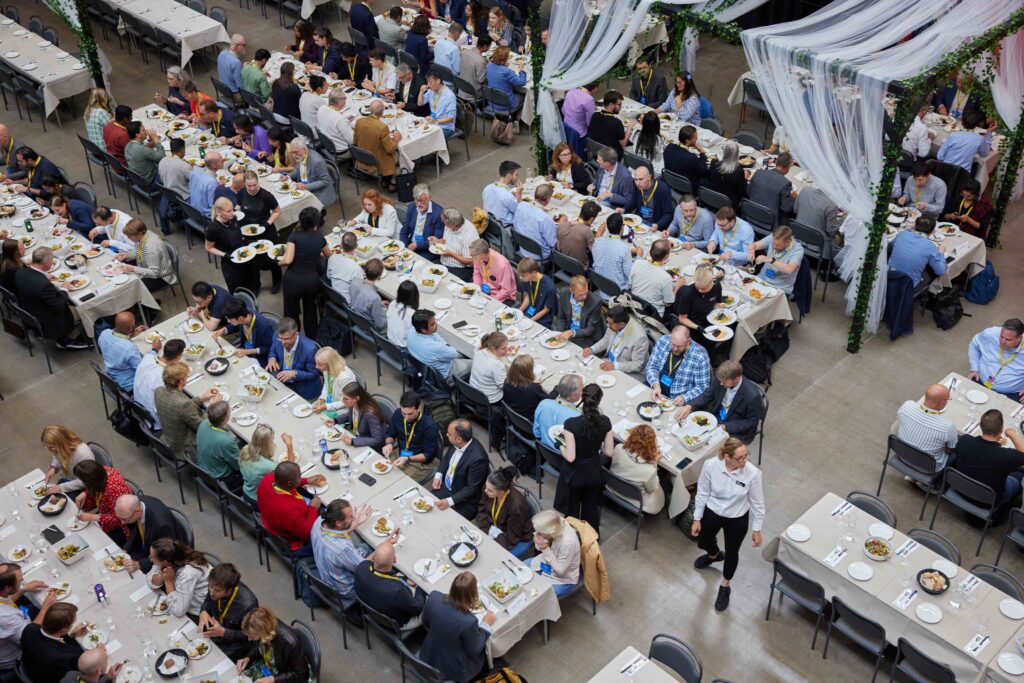
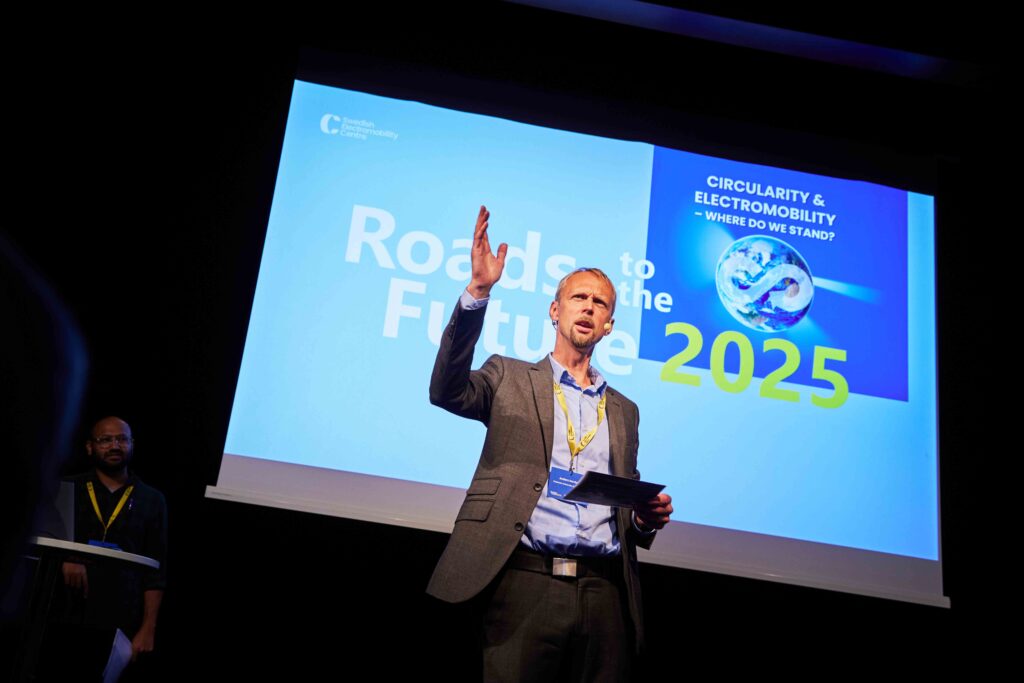
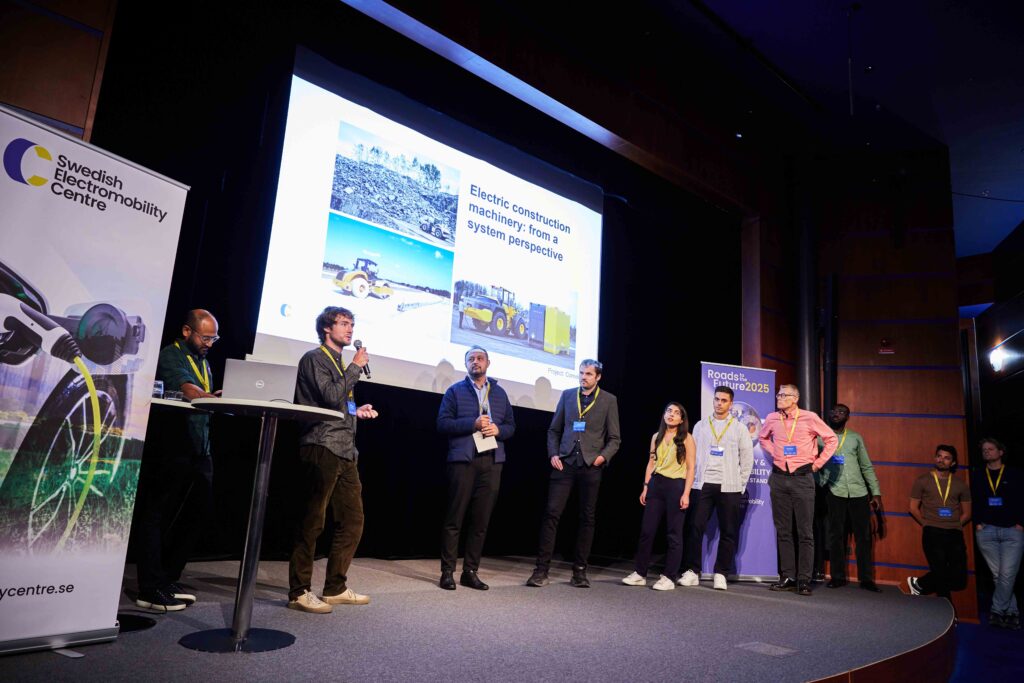
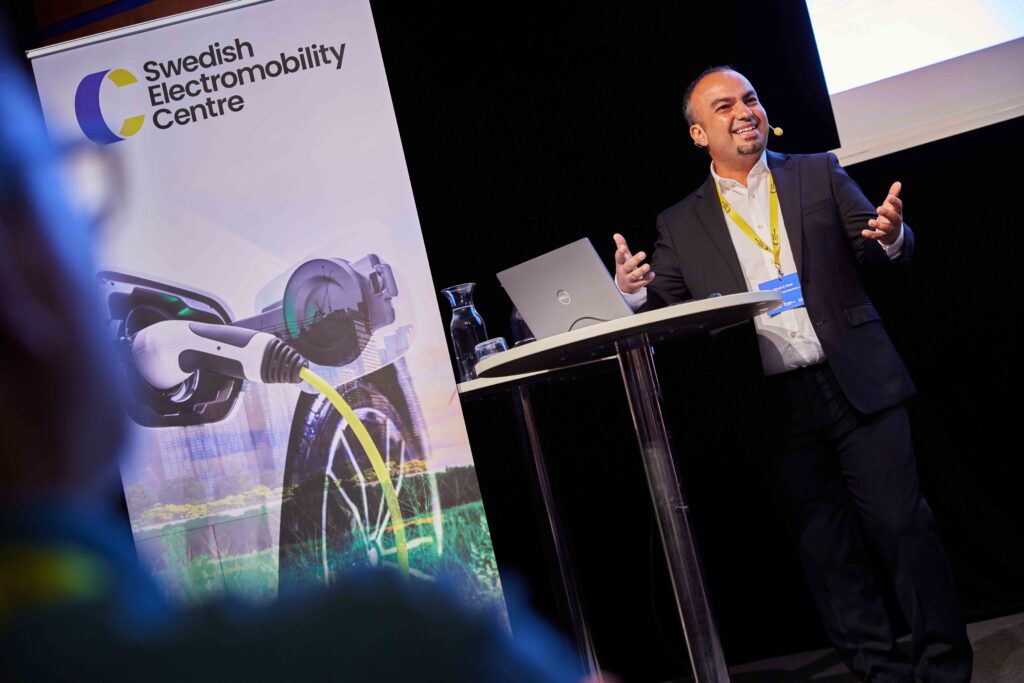
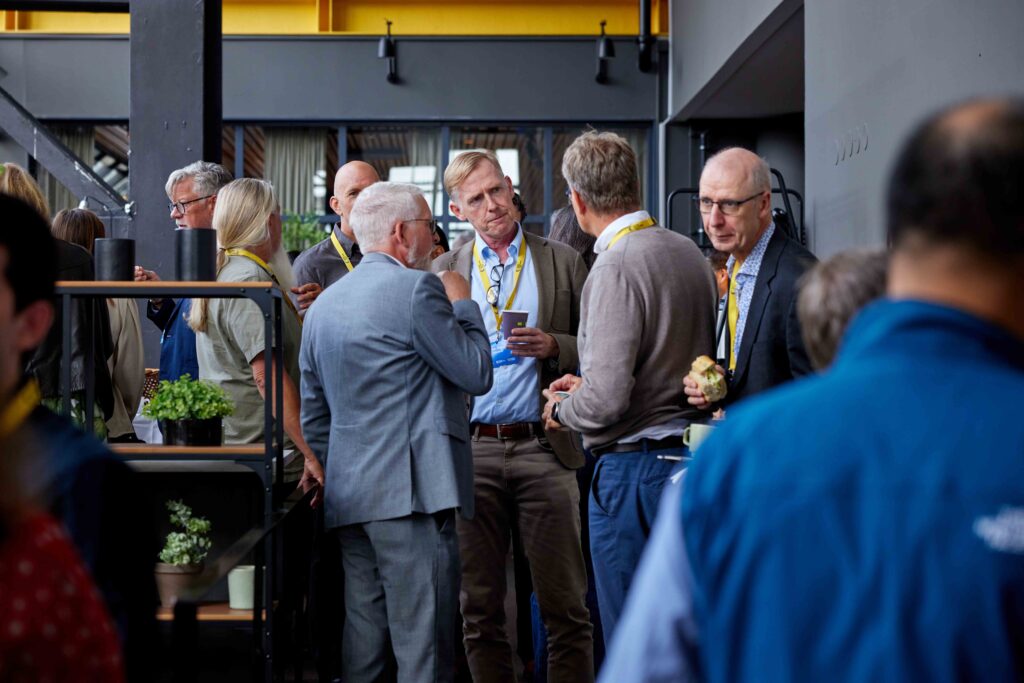
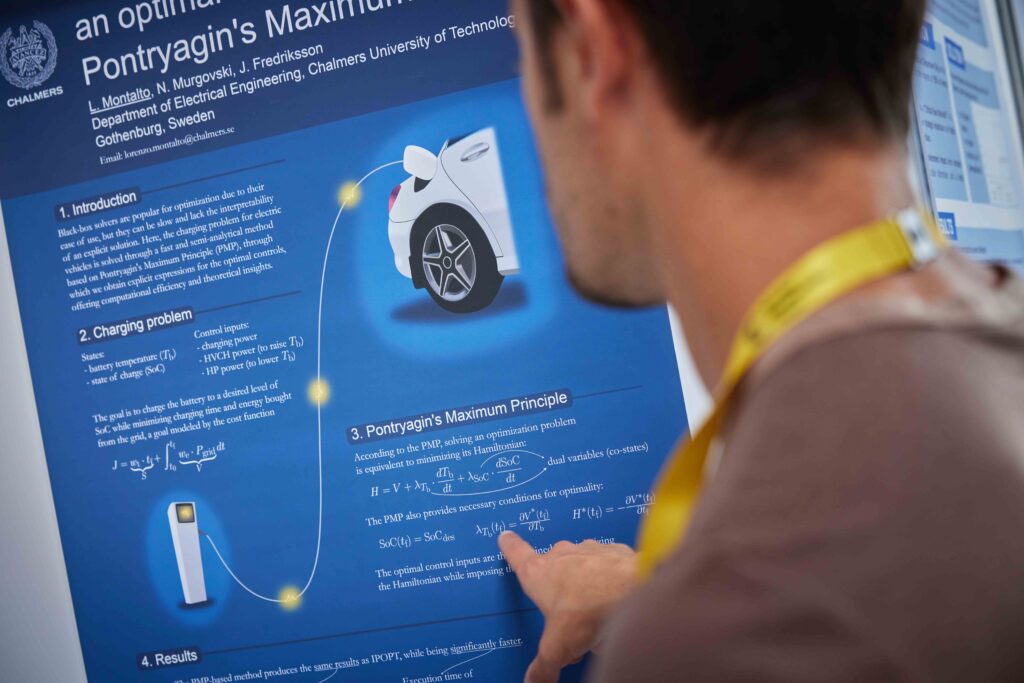
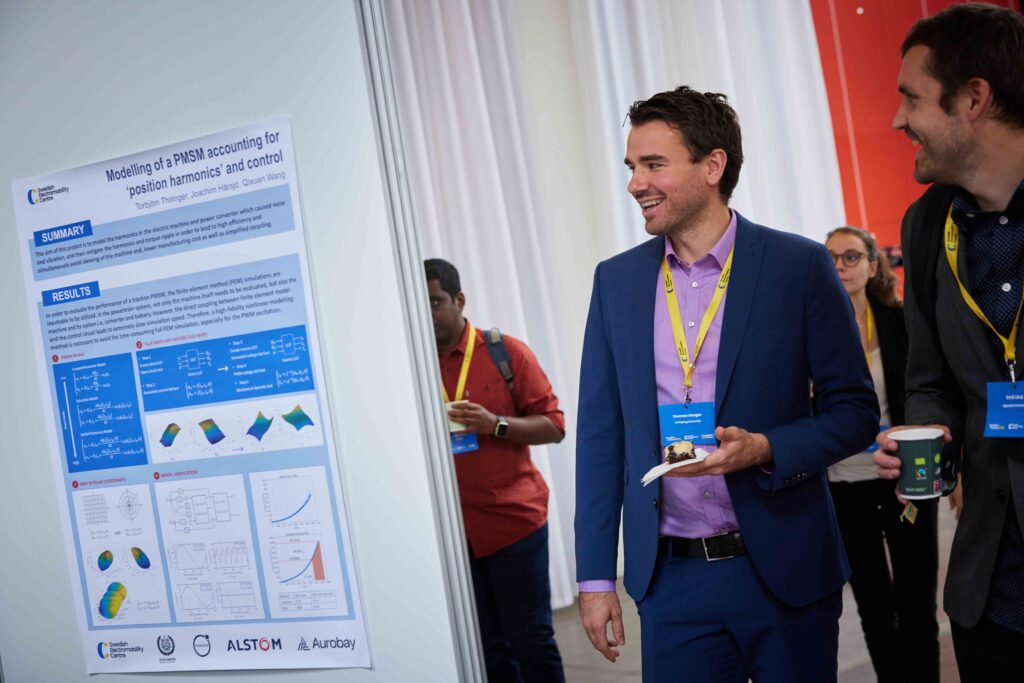
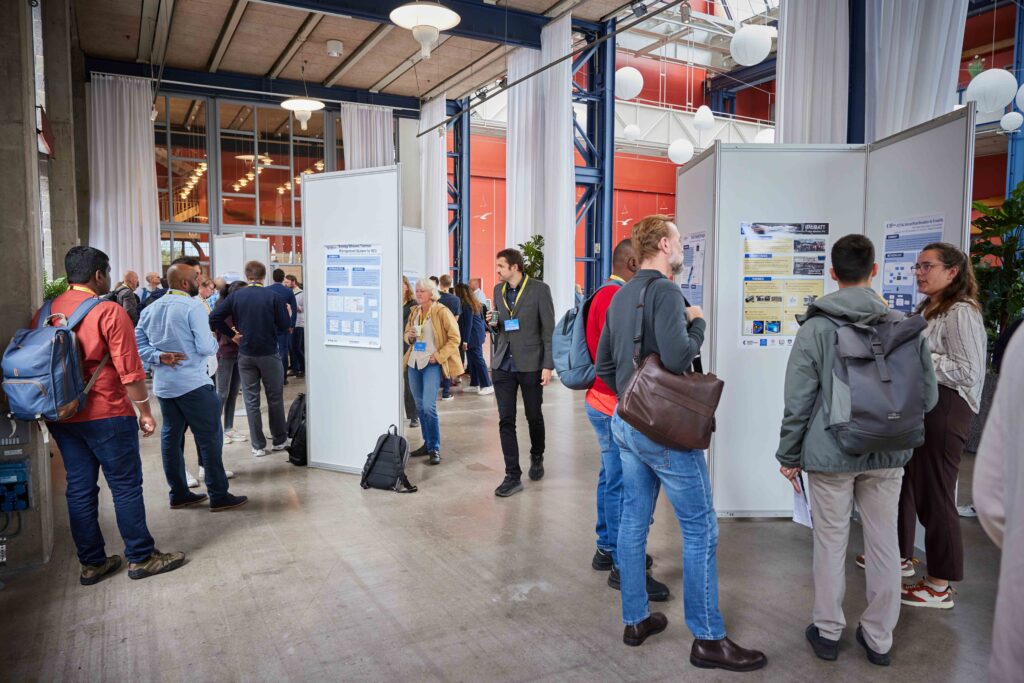
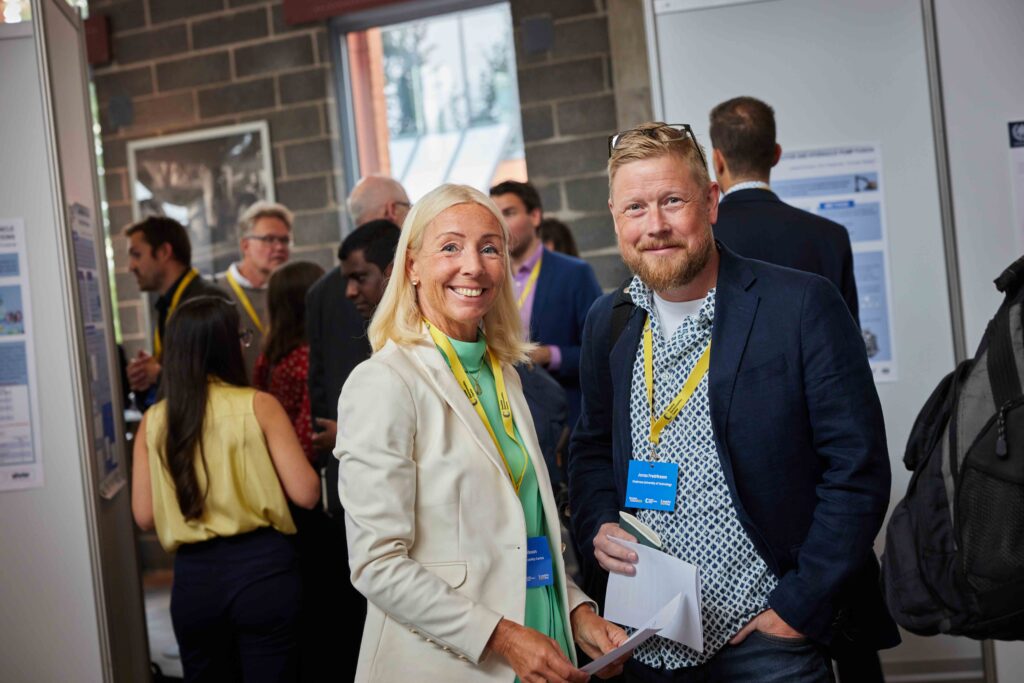
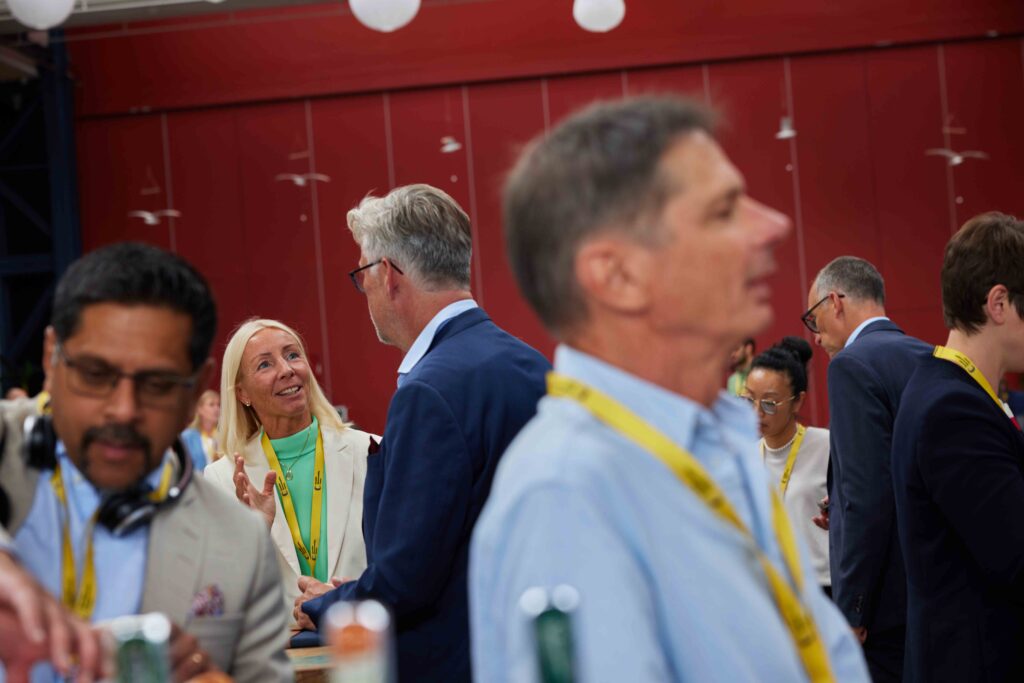
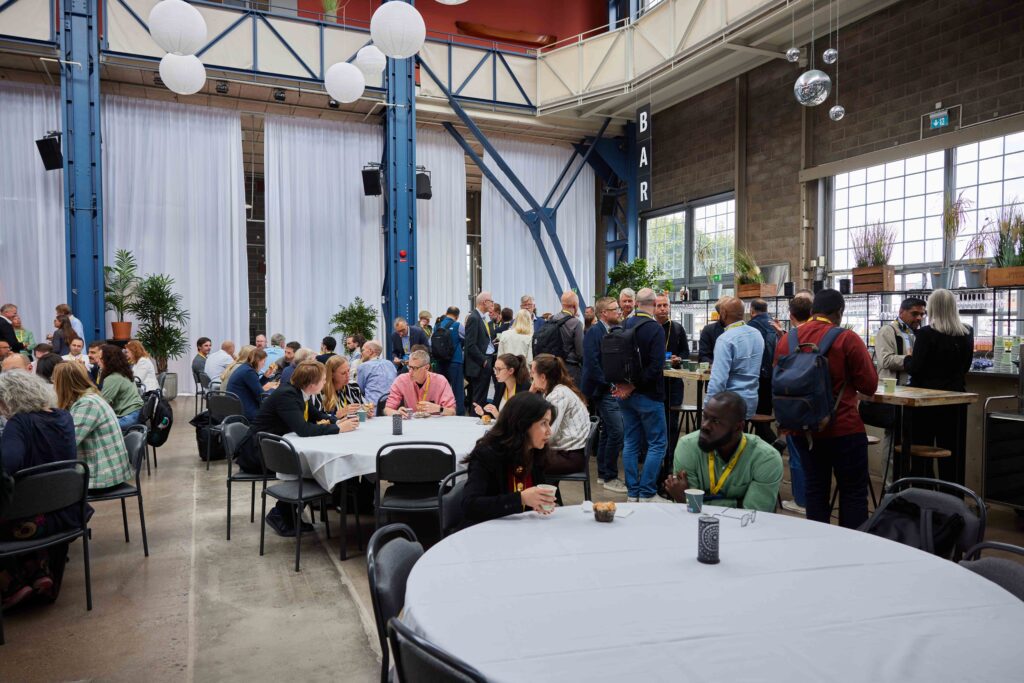
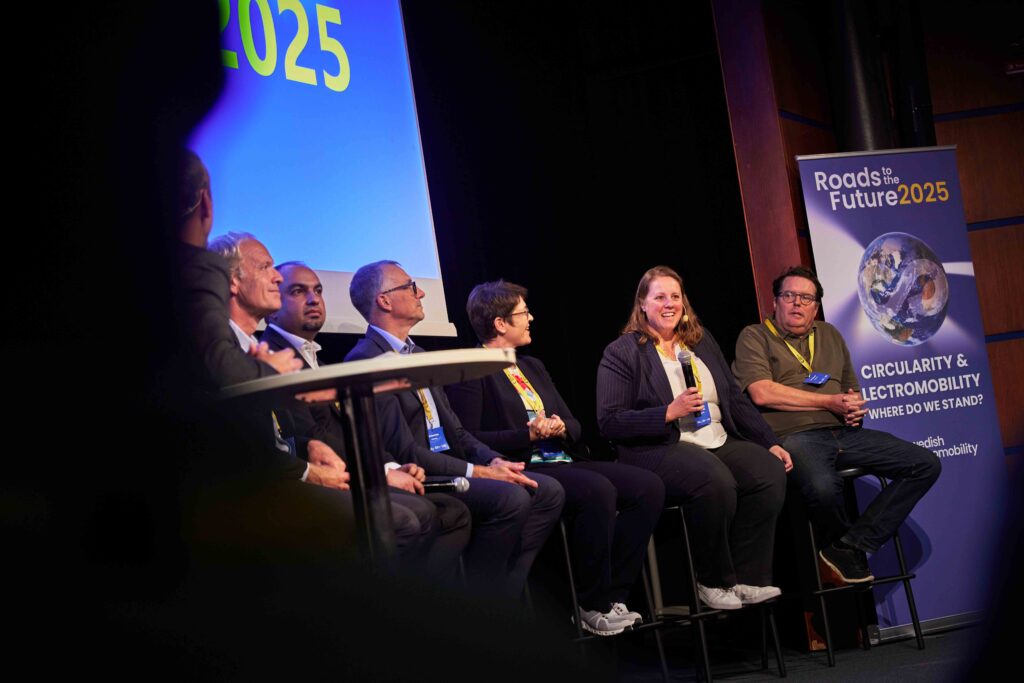
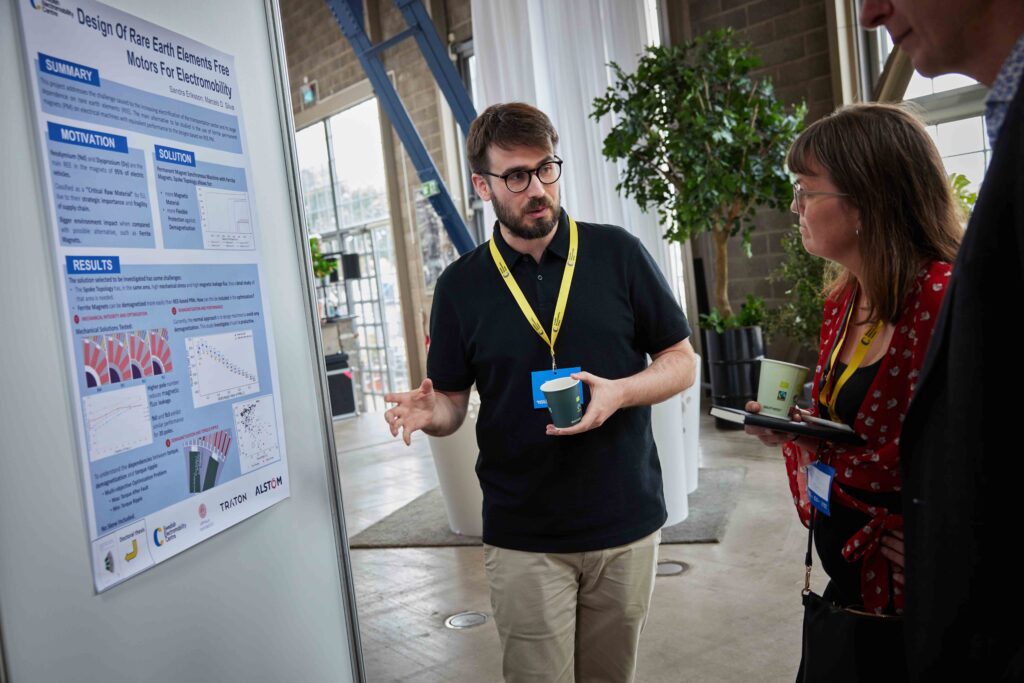
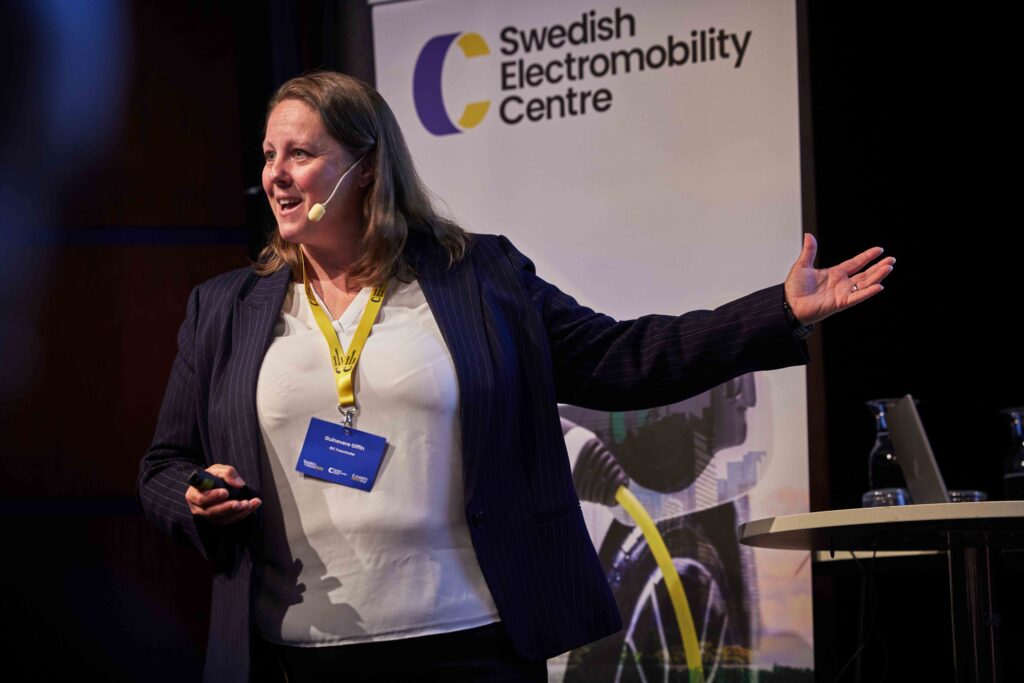
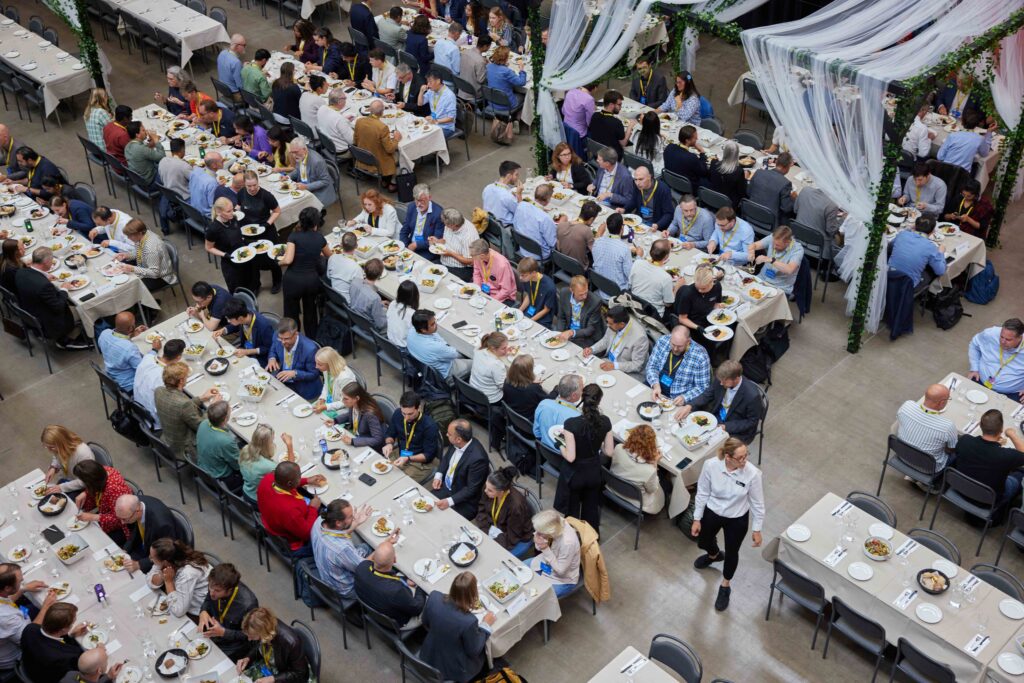
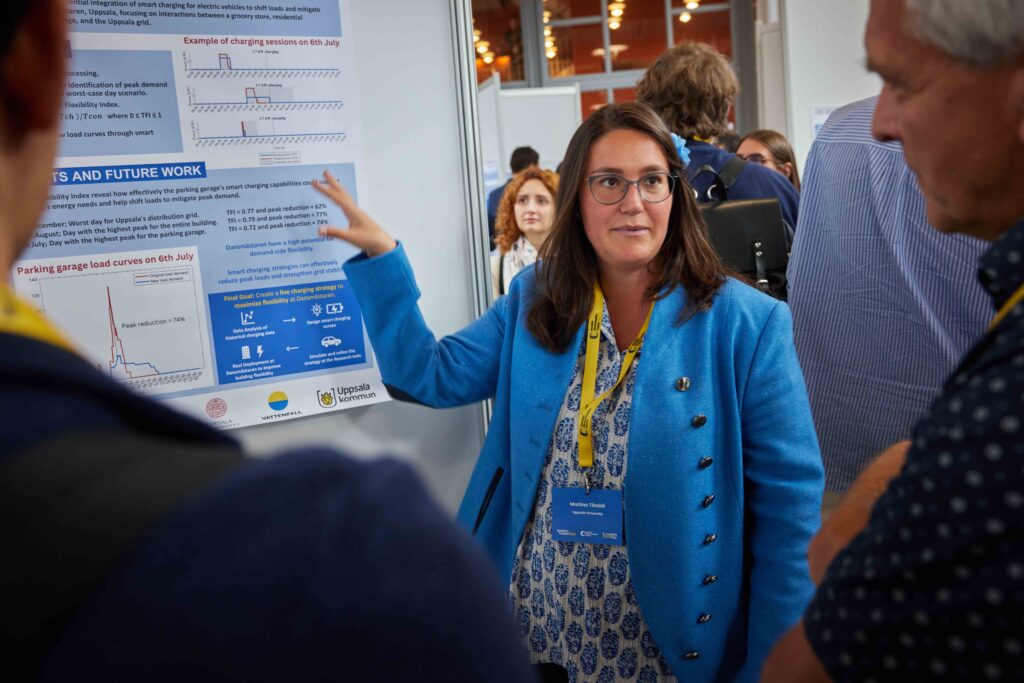
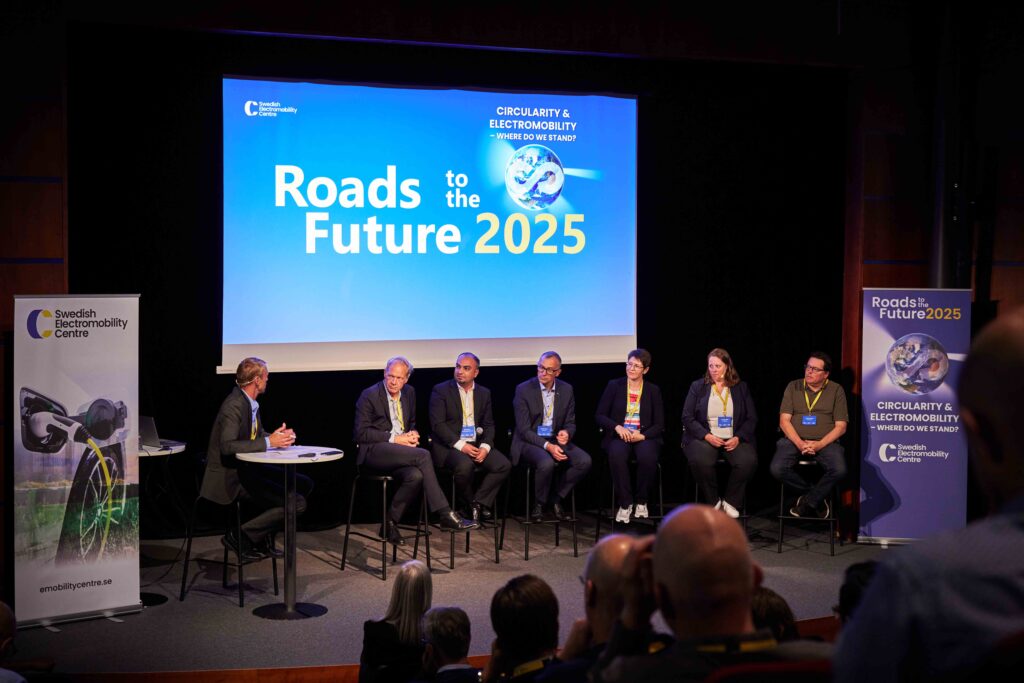
Roads to the Future was concluded with all speakers on stage answering questions from moderator Anders Nordelöf and the audience.
E-mobility Day
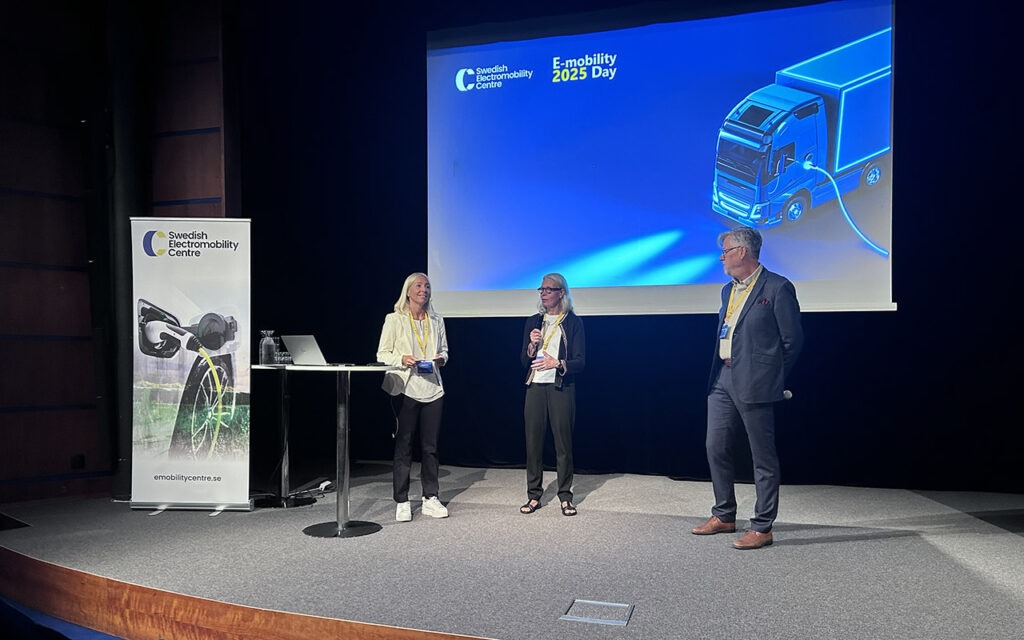
Linda Olofsson kicked off E-mobility Day by interviewing Elna Holmberg, Vice president of Volvo Group Electromobility, and Nils-Gunnar Holmberg Director of technical affairs at Traton Group R&D, and chair of Swedish Electromobility Centre. The conversation addressed challenges in e-mobility and the increasing interest in resilience. Both agreed that e-mobility is an inherently good idea that can be competitive, resilient, and sustainable.
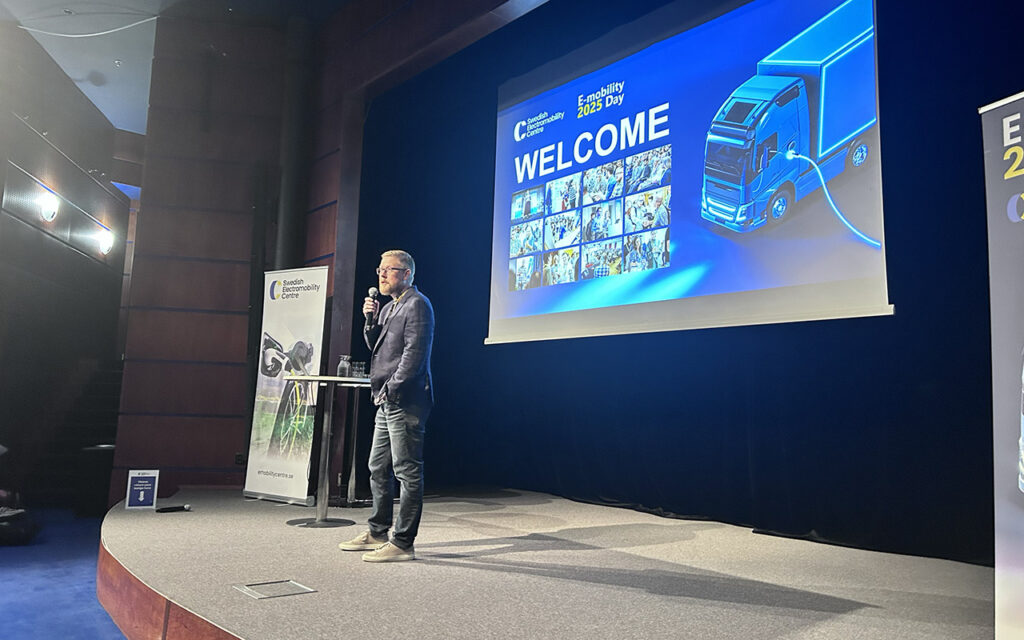
During E-mobility Day researchers from Swedish Electromobility Centre’s five research themes present their ongoing work. Jonas Fredriksson, from Chalmers University of Technology, moderated the day with excellence. E-mobility Day covers a wide range of topics with many speakers involved in various projects.